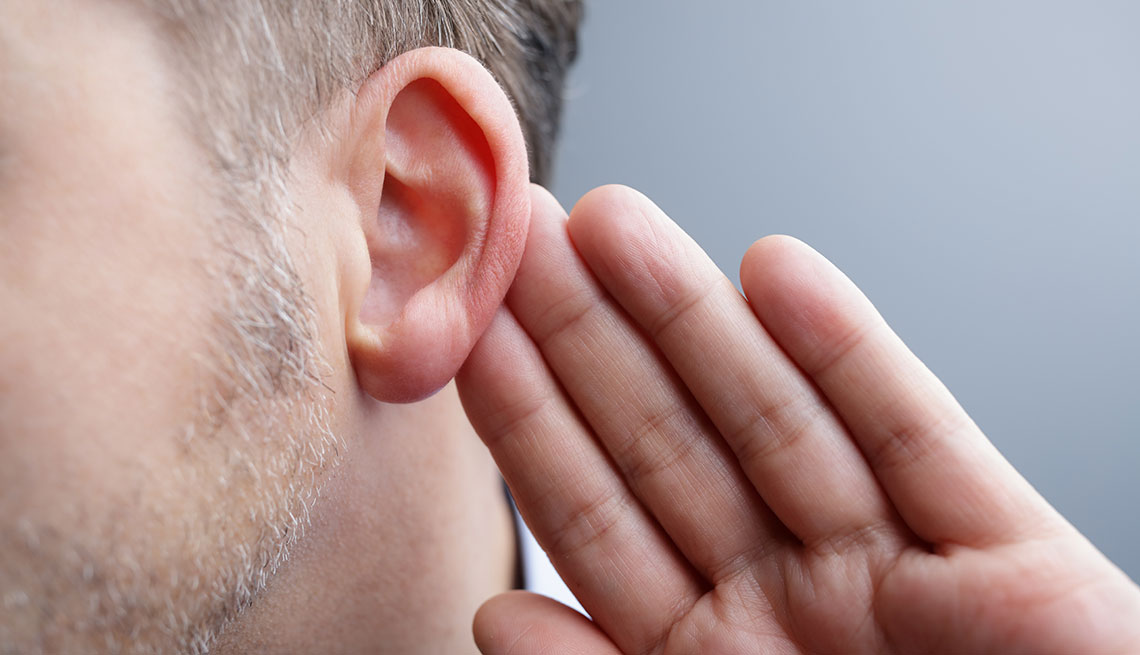Play all audios:
When a decline in hearing does happen, the first thing to go is the ability to clearly hear high-pitched sounds such as women’s and children’s voices, especially in situations where there’s
considerable background noise. You also may have trouble picking out consonant-heavy words: Consonants such as _s, t, k, p _and _f _are softer and higher pitched — as is the _th _sound — so
they can be more difficult to distinguish than vowels, says Todd Ricketts, a professor of hearing and speech sciences at the Vanderbilt University Medical Center in Nashville, Tenn. As a
result, it may sound like people are mumbling. It also may be difficult to hear a high-pitched doorbell or the clothes dryer buzzing, he adds. The inability to hear high-frequency sounds
will then worsen as it “works its way into the lower frequency,” Ricketts says. Then you may have trouble understanding what people are saying even in quieter environments because you’ve
lost clarity in your hearing. “In more extreme cases, tonal quality gets worse and music may sound flatter,” Ricketts adds. “Hearing loss is a progressive disorder — the prevalence and
degree goes up over time, as people get older.” TESTING The U.S. Preventive Services Task Force doesn’t recommend routine hearing screening for adults ages 50 and older because, it says,
“the current evidence is insufficient to assess the balance of benefits and harms of screening for hearing loss.” But the American Speech-Language-Hearing Association has a different
opinion, calling for adults to be screened at least every decade through age 50, then every three years after that. If you haven’t kept up with that protocol, it’s best to get a baseline
hearing test in your 50s, especially if you have ear-related symptoms such as tinnitus (ringing in the ears) or vertigo, McMenomey says. If it turns out that you have hearing loss, it’s
often recommended that you have annual screenings. “People aren’t particularly good at self-diagnosing hearing loss — that’s why screening tests are important,” Ricketts says. People whose
hearing tests show that they are in the normal range commonly think they’re having trouble, he says, and those whose hearing has declined often think it is normal. A study involving 19,642
Korean adults ages 20 and older, published in the August 8, 2017, issue of _PLoS One, _found that older adults and those with tinnitus are among those who have the highest rates of
overestimating or underestimating their hearing abilities. If you notice signs of decline or feel you are struggling to hear clearly, a hearing test can help identify whether you have a
problem. And Ricketts notes that the technology behind hearing assistance has come a long way. “There are interventions you can try, from hearing aids to hearing assisted technologies that
are targeted to specific situations such as using the phone or TV.”

